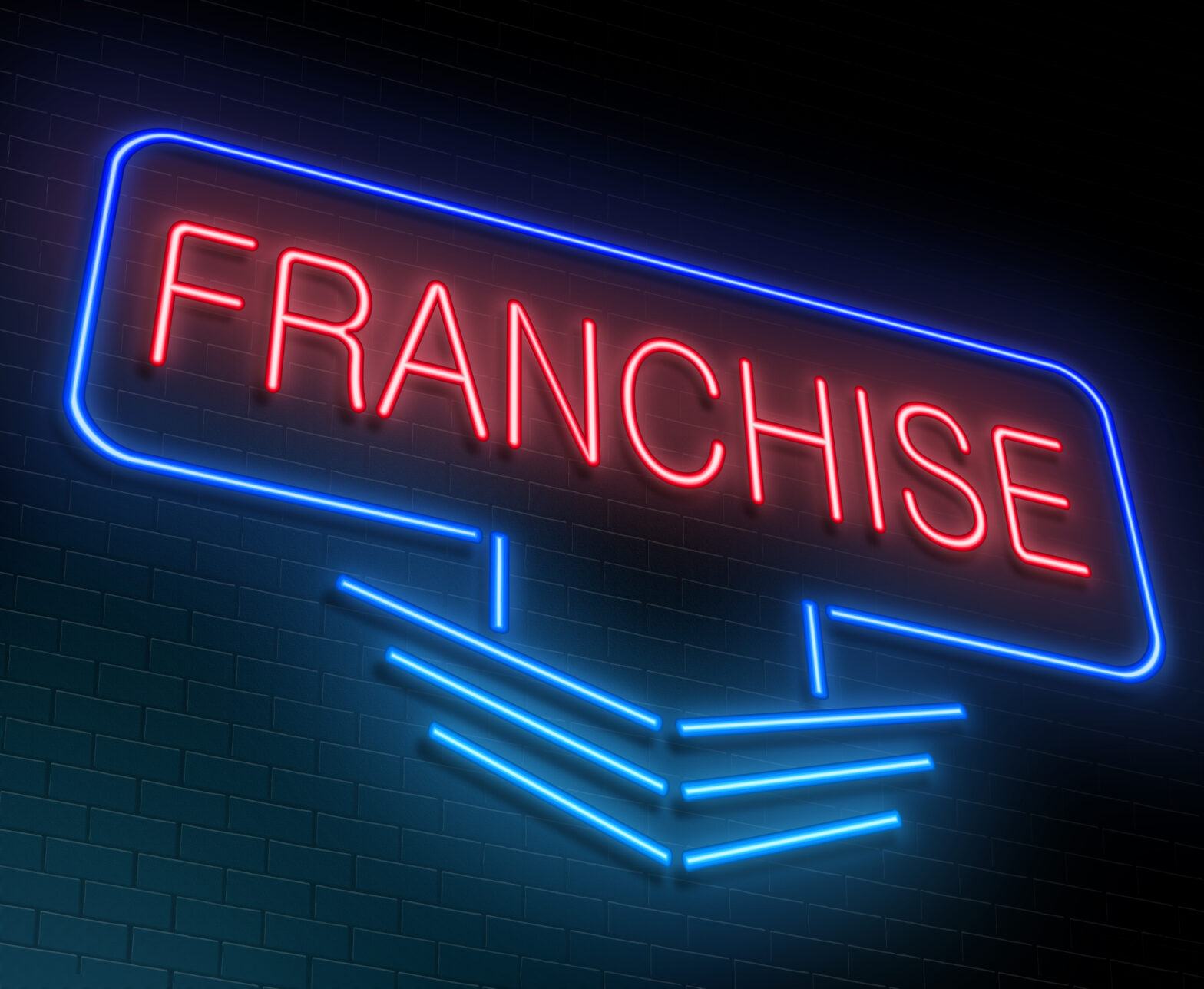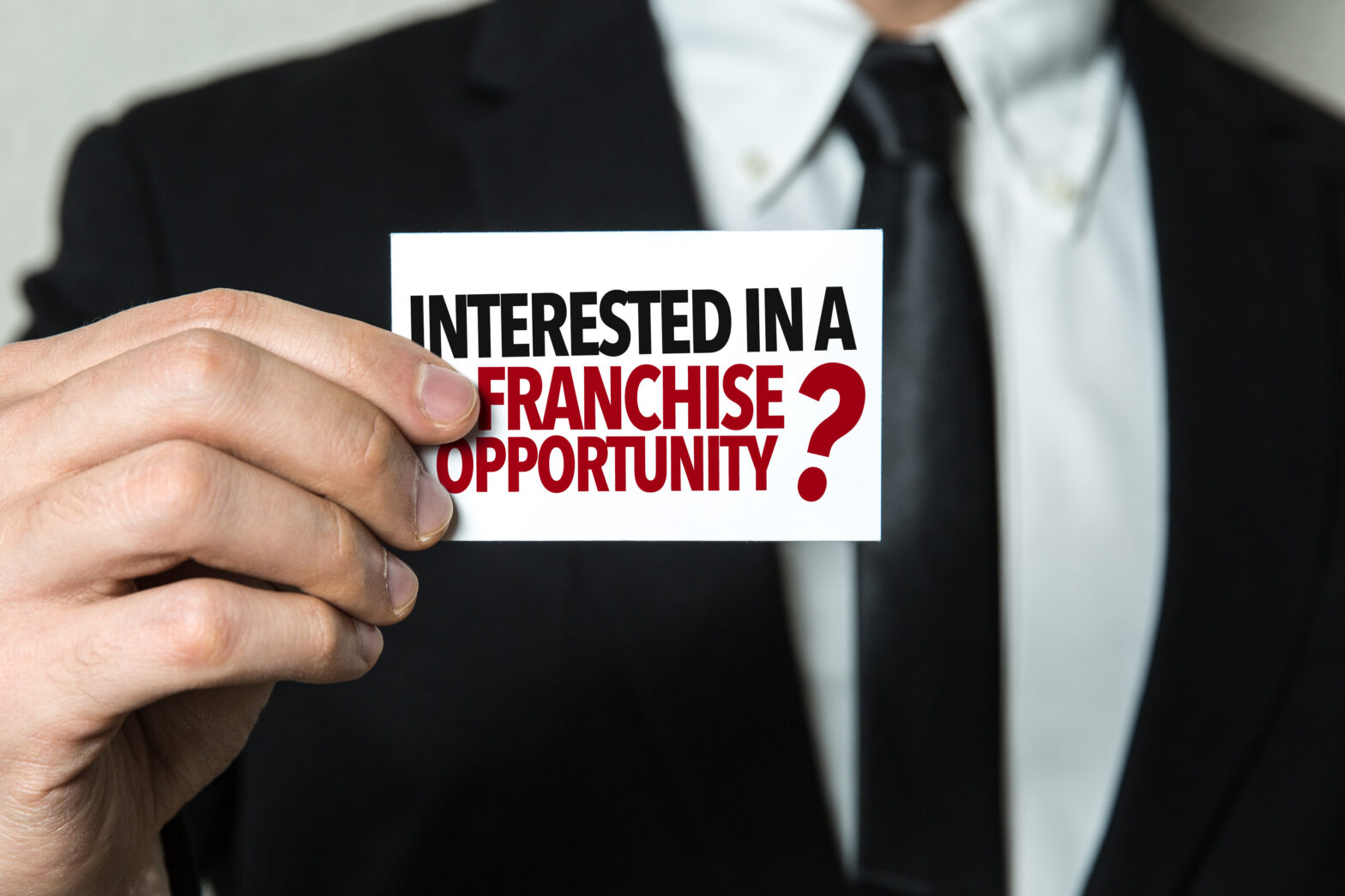To ensure that this is the case, the franchise agreement or contract is all-important. It is usually the only document that sets out all the legal obligations and rights that you have in terms of the relationship between the franchisor and yourself.
First of all, you should make sure that you are given a sample agreement by your franchisor to review and it is advisable to ask a specialist franchise solicitor to look at it and report back to you. You can then be sure that you are entering the franchise knowing all the risks and obligations that you will have to fulfil.
SmallBusiness.co.uk and Élise Billy, founder of franchise law expert EXB, offer this list of things to look out for in the agreement:
Is it comprehensive? – Does the agreement set out everything that you have discussed with your franchisor? Is everything that has been told to you included? It would be wise to avoid leaving anything to chance at the contract agreement stage, as you don’t want any surprises later on. Lastly, is the contract clear on all your obligations and any payments that you will have to make?
Fees – Check the initial fee, then look out for any ongoing fees. Are the ongoing fees fixed or do they vary as a percentage of revenue? This will be important for managing cash flow at a later date, and for forecasting. Are there minimum fees, or performance targets that you will have to achieve? What other costs might you incur?
Supplies – Ask whether you have to buy your supplies from the franchisor or from a named supplier, or if you can choose your own suppliers. If you are bound to a named supplier or your franchisor, will you be given a reduction in price?
Territory – Do you have an exclusive territory? If so, which area does it cover and is it clearly set out, for example by postcode? Is this also the case for any sales that you make? If you don’t have a clearly defined territory, and there are other franchises nearby, it is worth asking how direct competition between the two will be avoided – this is in both your and your franchisor’s interests.
Training and support – What initial training will you receive? Are there obligations on the franchisor for ongoing training and support? What exactly will the training involve? Remember that you may have to plan your time in relation to any training, so it is worth working out a timetable early on.
Term – Ask how long the initial term of the contract is and where this is detailed in the document. Is there a probation period? Once the contract expires, is the agreement renewable and are there costs incurred if you do renew?
Exit – Does the agreement cover your death or your sale of the business? On what grounds can the franchisor terminate the agreement? What does the agreement say about the period after termination or expiry?
Read our tips on day-to-day franchise success here.
Click here for more expert advice on becoming a franchisee.
How to buy a profitable franchise
Smallbusines.co.uk has teamed up with Robina Every, managing director at Card Connection, which specialised in the franchised distribution of greeting cards, to provide five east steps to make a franchise work.
In order to evaluate the potential profit of a franchise, the key is to remove the guesswork from the equation as far as possible. In other words, deciding if a franchise will be profitable enough to create a viable business opportunity on an ongoing basis needs to be based on factual information.
Step 1: Evaluating the purchase price
Firstly, establish the initial cost of the purchase. As well as the price tag, include the cost of any stock, equipment, licensing, transport and IT systems. Similarly, check to see if the price includes training costs to get you up and running. Is this a one off or will further investment be needed in the future?
Step 2: Calculating likely income
Research the previous sales history of the territory. Anticipate that your future income is likely to be slightly less that the previous franchisee initially, due to the inevitable learning curve involved in starting a new venture.
If it is a virgin territory ask the franchisor for the profit and loss accounts of similar sized areas and use an independent accountant to look at the books for you. For a small fee an accountant will be able to provide invaluable advice which may ultimately save you thousands by preventing you making any wrong decisions.
Step 3: Consider financial forecasts with care
Financial forecasts – which the franchisor will provide you with – are useful but remember they are only estimates as opposed to the hard facts contained in the profit and loss accounts. Keep in mind any forecast may not be realistic or may even have been bolstered to encourage you to buy the franchise.
Step 4: Borrowing
The next step is to work out how much money you will need to borrow to buy and run the business. This will be the sum of the purchase price plus any additional costs such as equipment, stock and training.
It should also include a provision for ‘working capital’. Depending on the business model of the particular franchise, working capital required for day-to-day cash-flow can amount to up to 20 per cent of the purchase price of the franchise.
It is likely you will need to borrow at least a proportion of the cash required to buy the business. Work out how much you can fund yourself and how much you need to borrow. All the main high-street banks have franchising departments and can lend up to 70 per cent of the franchise purchase price. However, it is advisable to avoid over-borrowing.
Step 5: Evaluating the cost of the franchise
The financial statements that you will have received will give you an idea of the profits the franchise currently makes. From this deduct the total cost of buying and running the franchise (including loans, working capital, stock, training and equipment etc) – spread over the term of your loan (say a year to five years) – from the likely income of the business over the same timeframe.
This important calculation will give a clear idea of the net amount of money you can expect to take home each month / year. The question is: does it match with the amount you need to maintain your current lifestyle? In fact, it should comfortably exceed the amount you need to live on to ensure your potential business franchise generates a profit.




